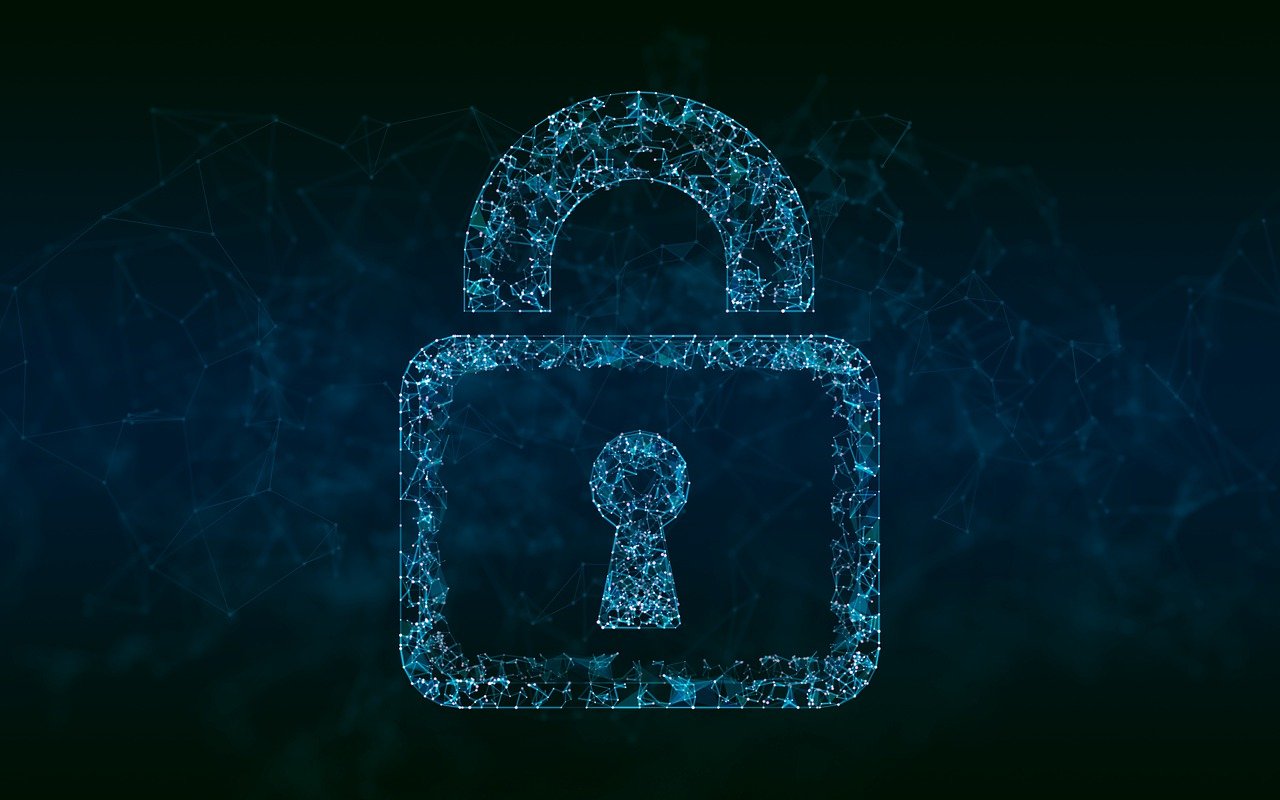· 2 min read
TLS-ECDHE-ECDSA-WITH-NULL-SHA Cipher Suite
A breakdown of the Cipher Suite TLS_ECDHE_ECDSA_WITH_NULL_SHA, its strengths, and its weaknesses.
Key Exchange Mechanism
Elliptic Curve Diffie Hellman Ephemeral - ECDHE
Grade - A
ECDHE (Elliptic Curve Diffie-Hellman Ephemeral) is used because it enhances security through the use of ephemeral keys, which are temporary and unique for each session. This ensures that even if one session’s key is compromised, past and future sessions remain secure. ECDHE provides perfect forward secrecy, meaning that the compromise of long-term keys does not affect the confidentiality of past communications. The ephemeral nature of the keys significantly reduces the risk of long-term data breaches and enhances the overall robustness of the cryptographic protocol.
Authentication
Elliptic Curve Digital Signature Algorithm - ECDSA
Grade - A
ECDSA (Elliptic Curve Digital Signature Algorithm) is used in cipher suites for authentication and integrity verification. Its efficiency in generating and verifying digital signatures makes it suitable for secure communication protocols like TLS, ensuring data confidentiality and integrity during exchanges over networks.
Cipher
Null Cipher - NULL
Grade - F
Null encryption ciphers are bad because they provide no encryption, leaving data transmitted over the network completely unprotected. This means that any information sent, such as passwords, personal details, or confidential messages, can be easily intercepted and read by anyone with access to the network traffic. Without encryption, the confidentiality and integrity of the data are compromised, making it highly vulnerable to eavesdropping, tampering, and unauthorized access. In essence, using Null encryption defeats the primary purpose of secure communication protocols, which is to safeguard data from potential threats.
Hash
Null Hash - NULL
Grade - F
Null hashes are bad in cipher suites because they provide no integrity protection, making the communication vulnerable to undetected tampering or data corruption. This compromises the security by allowing potential attackers to alter messages without detection, undermining the confidentiality and trustworthiness of the communication.Null hashes are bad because they provide no integrity checks, leaving data transmitted over the network completely unprotected. This means that any information sent, such as passwords, personal details, or confidential messages, can be easily intercepted and read by anyone with access to the network traffic. Without encryption, the confidentiality and integrity of the data are compromised, making it highly vulnerable to eavesdropping, tampering, and unauthorized access. In essence, using Null encryption defeats the primary purpose of secure communication protocols, which is to safeguard data from potential threats.


